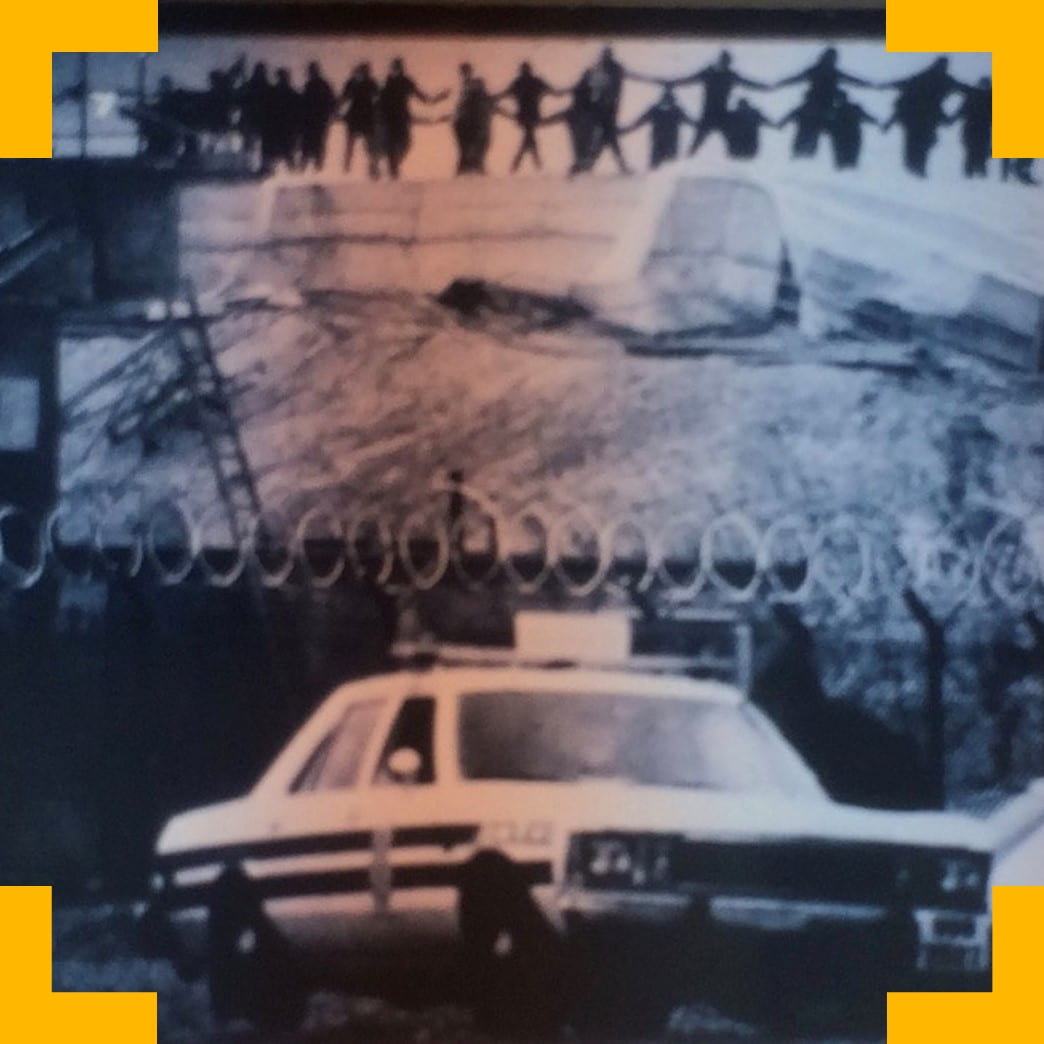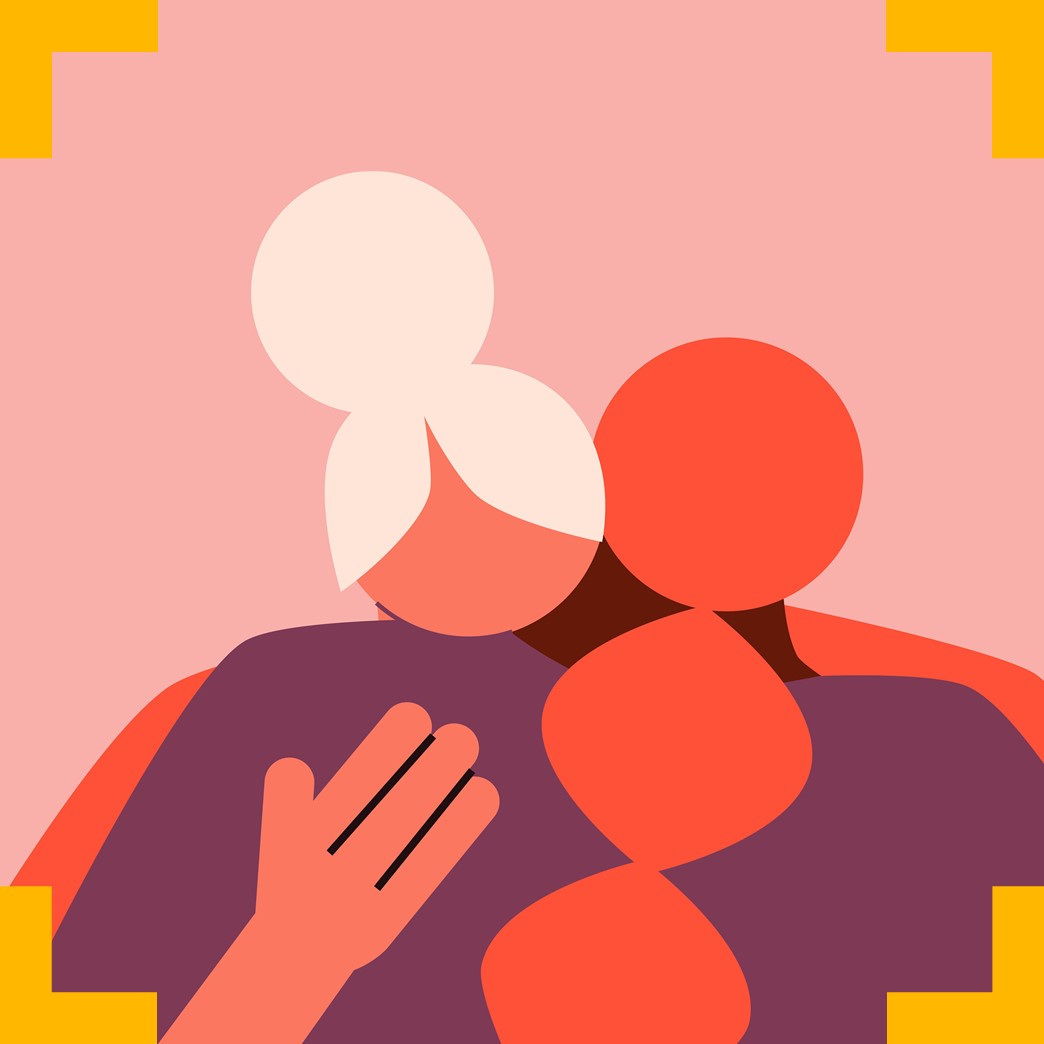-

What did the project involve?
This research is a project on self and collective care. It takes inspiration from the Women’s Liberation Movement and builds on their successful Ideas Exchange “What the Future Holds”. The team define collective care …
-

What did the project involve?
This Experimental Partnership emerged from the 2018 Ideas Exchange “Reimagining the Diary: Writing and well-being for busy people”. The project sought to tackle the topic of diary writing through 3 strands: past, present and …

Brigstow brings researchers from different disciplines together with a range of partners across the city and beyond to experiment in new ways of living and being.







